Poland’s presidential election produced a tight result: Karol Nawrocki, the conservative candidate backed by the Law and Justice (PiS) party, secured 50.89 percent of the vote in Sunday’s election, beating Rafal Trzaskowski, the candidate from Donald Tusk’s Civic Platform. Nawrocki’s victory is even more significant considering that, according to both media reports and official briefings, foreign entities attempted to unlawfully influence the election. The information points to the same players who tried to manipulate Hungary’s 2022 parliamentary elections.
Mysterious Profiles
The reports of election interference sparked a scandal in Poland. At the center of the uproar were two virtually unknown Facebook pages. In the weeks leading up to the first round of voting on May 18, these pages spent large sums promoting political content in Poland. Although the ads appeared to present the opinions of average citizens, they were in fact sharp attacks against conservative and right-wing candidates, while praising the Civic Platform’s left-leaning contender.
Notably, according to data from the Polish cybersecurity authority NASK, these profiles spent more on political ads in a single week than any official campaign team—yet they were not listed in any campaign finance records. Poland’s domestic security agency has launched an investigation into the sources behind the campaign. Authorities suspect not only foreign financing, but also a deliberate disinformation campaign.
Attack of the Clones
Behind the operation appear to be activists from the NGO Akcja Demokracja and a Vienna-based company called Estratos Digital GmbH. Let’s begin with the former. According to the news portal of the Catholic broadcaster Radio Maryja, Akcja Demokracja helped finance Trzaskowski’s campaign videos. The organization’s 2023 financial report reveals it received funding from the Open Society Foundations—flagship of George Soros’s philanthropic empire—as well as from Action for Democracy (A4D), which is associated with David Koranyi. Koranyi previously served as a state secretary in the socialist government led by Gordon Bajnai.
Another key player mentioned in the Polish press, Estratos Digital, is also tied to Mr. Bajnai’s associates.
Estratos is a Vienna-based firm specializing in political campaigns. It describes itself as supporting progressive political actors and NGOs with data-driven campaigning, online mobilization, and micro-donation fundraising. For the latter, they primarily use a platform called Lunda. Estratos is a key part of the DatAdat group associated with Gordon Bajnai—it was previously known as DatAdat GmbH. It is run by Mr. Bajnai’s associates Viktor Szigetvari and Adam Ficsor. Szigetvari served as Mr. Bajnai’s chief of staff, while Ficsor was the “secret minister” in the Bajnai government.


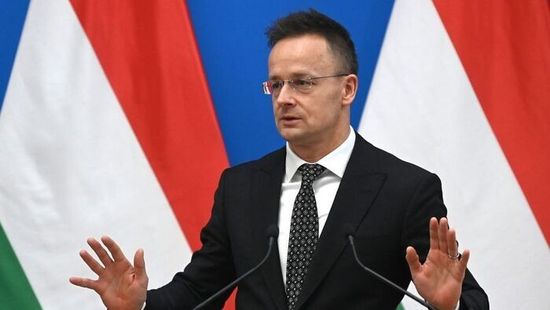

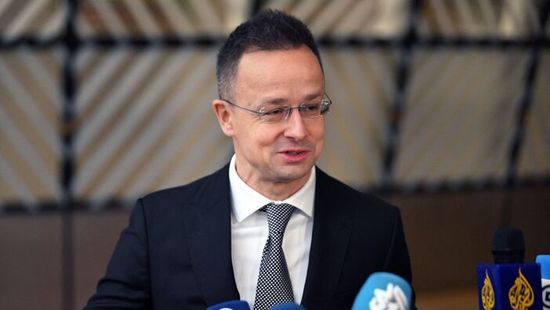

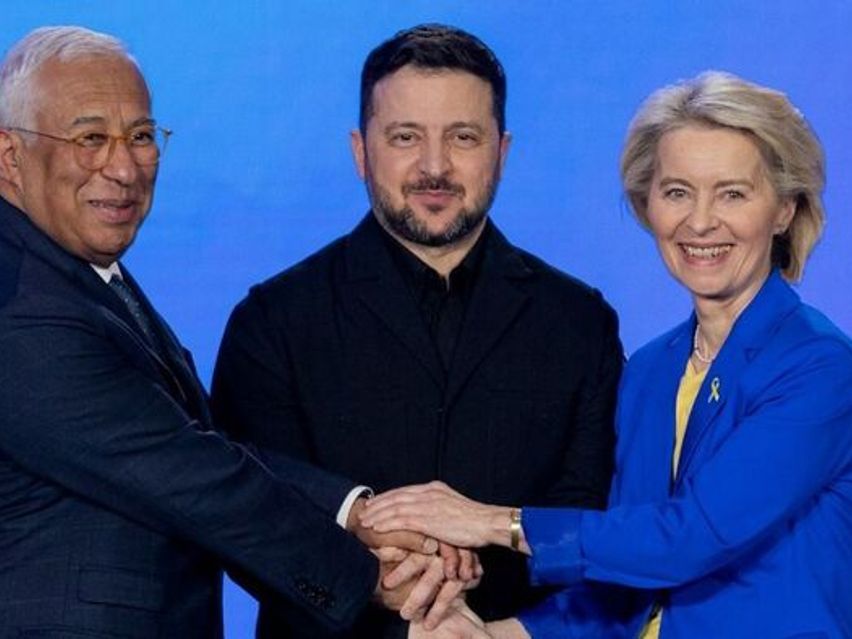

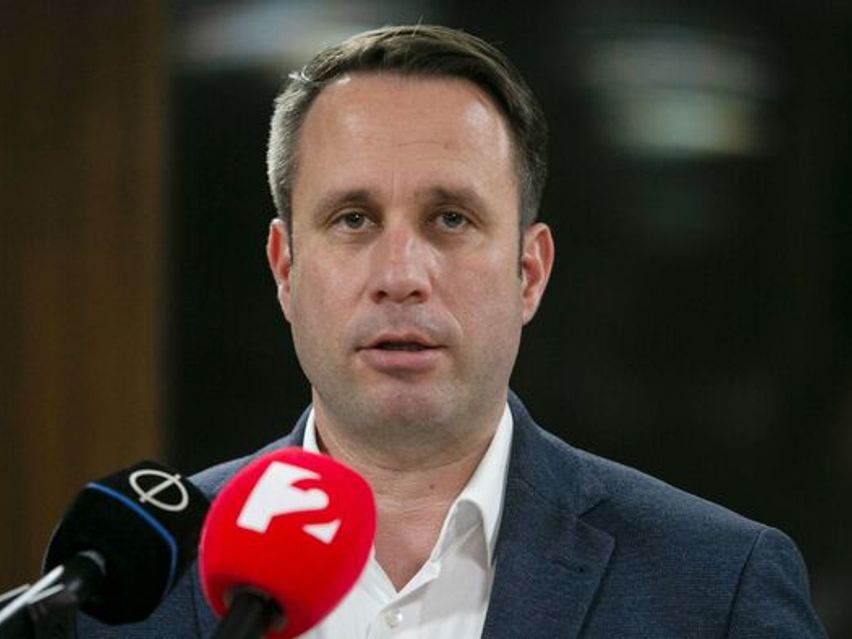
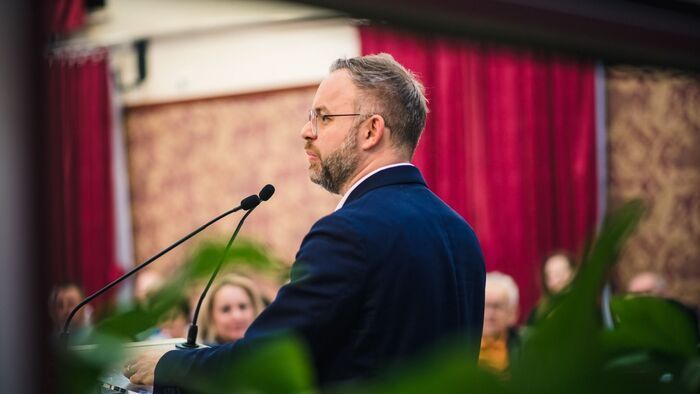

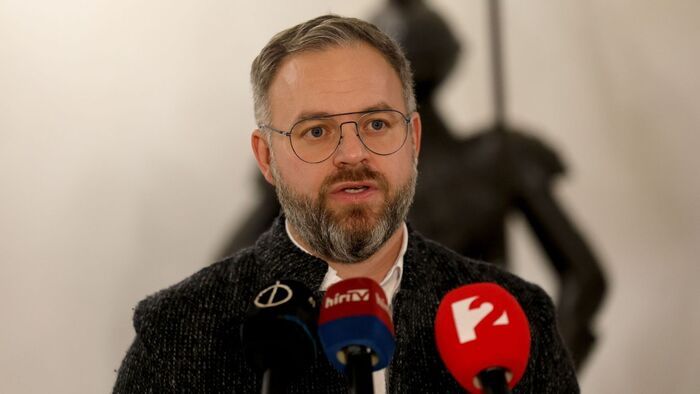

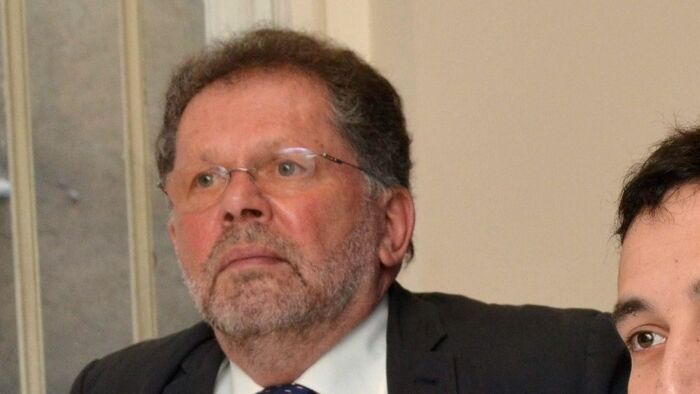
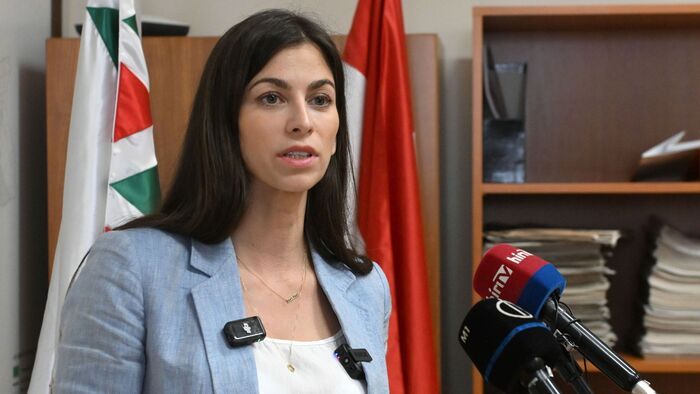


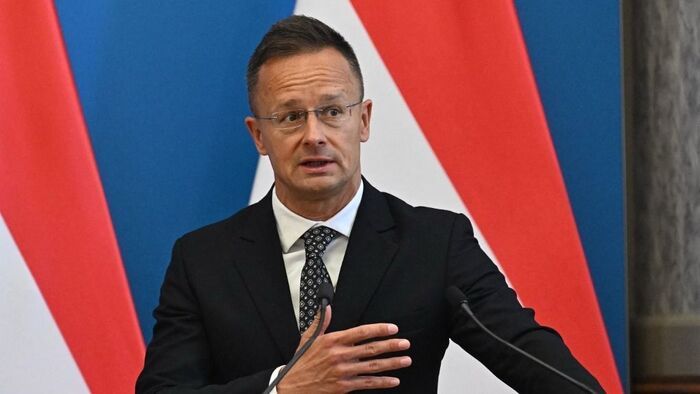




Szóljon hozzá!
Jelenleg csak a hozzászólások egy kis részét látja. Hozzászóláshoz és a további kommentek megtekintéséhez lépjen be, vagy regisztráljon!